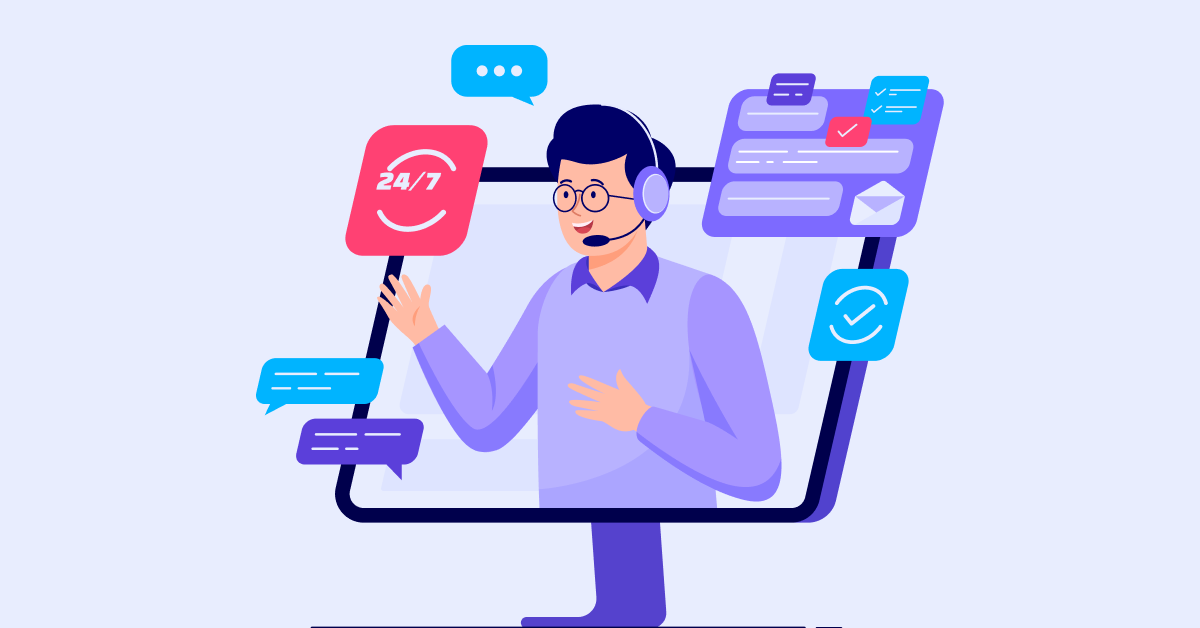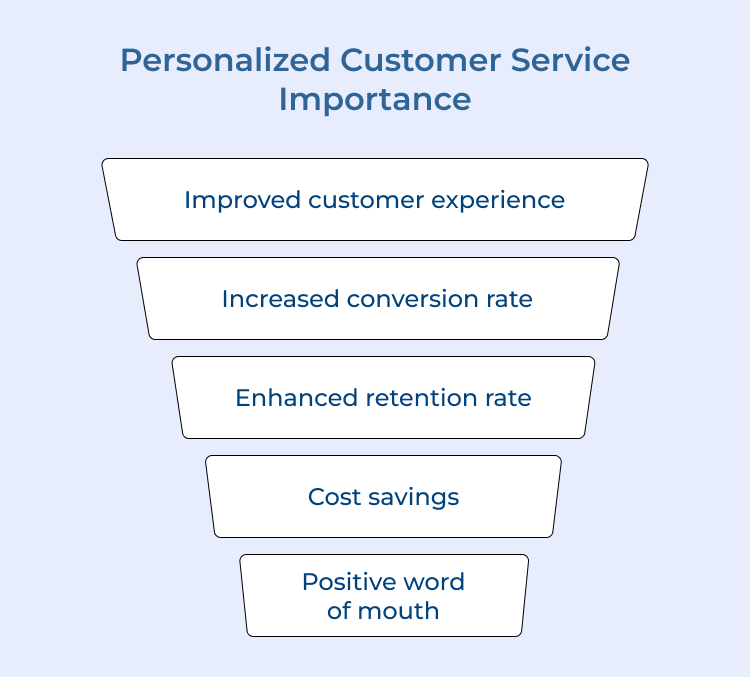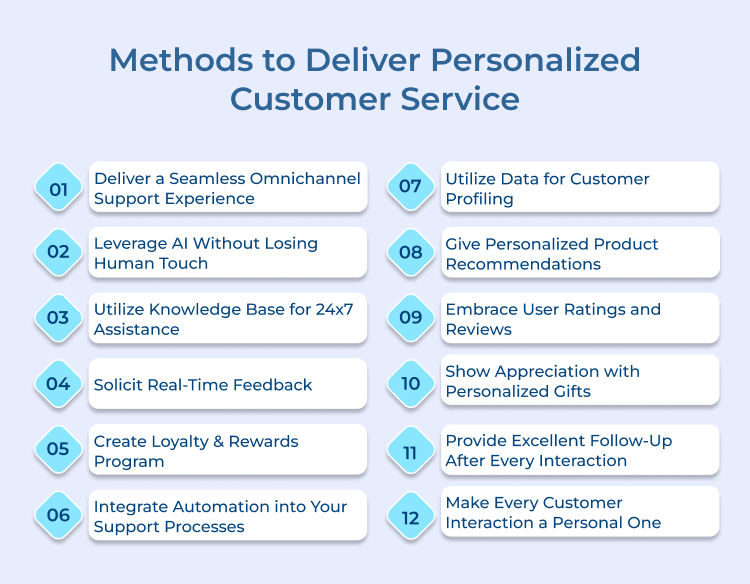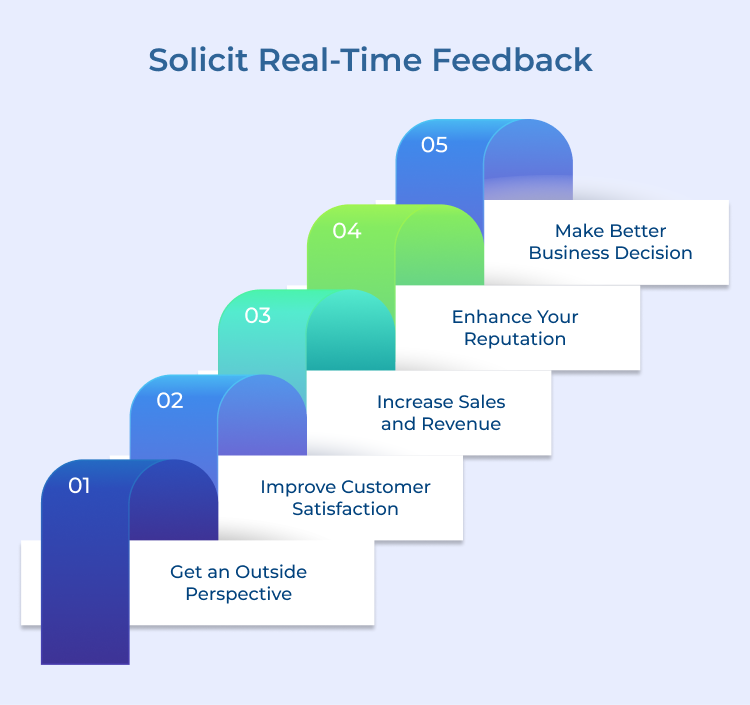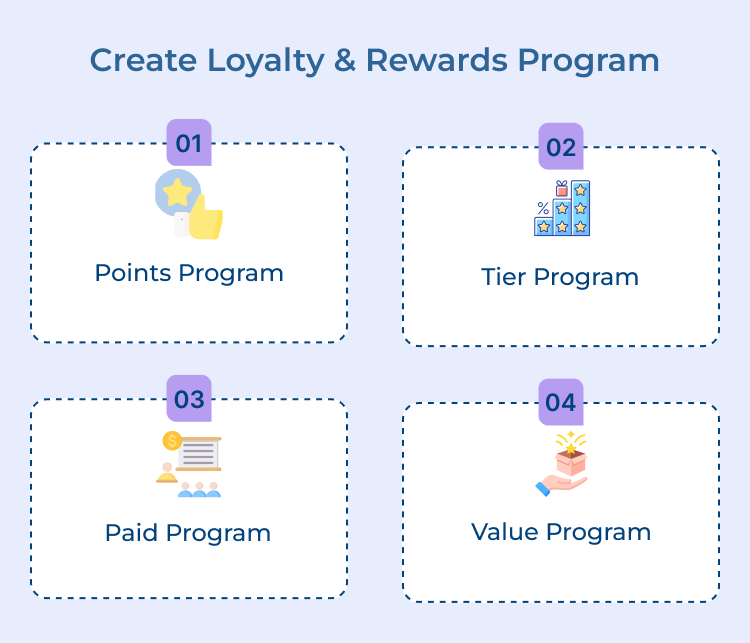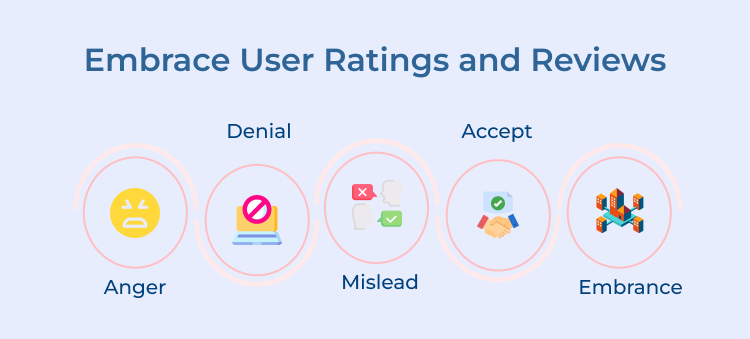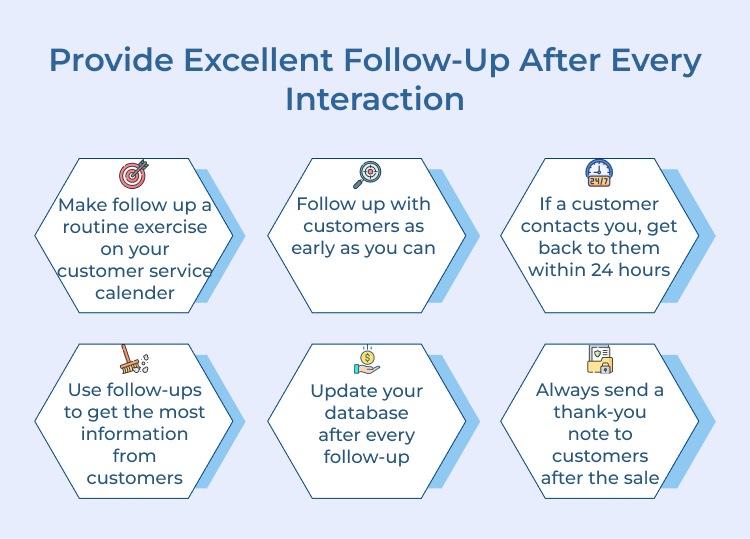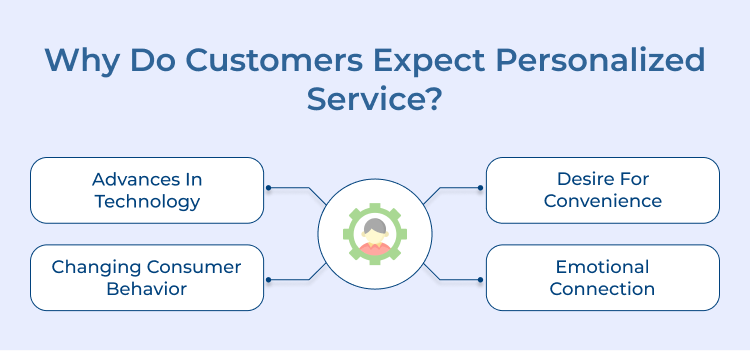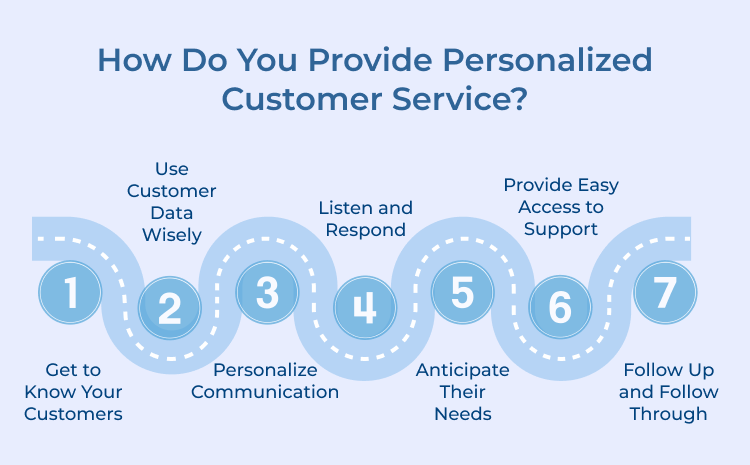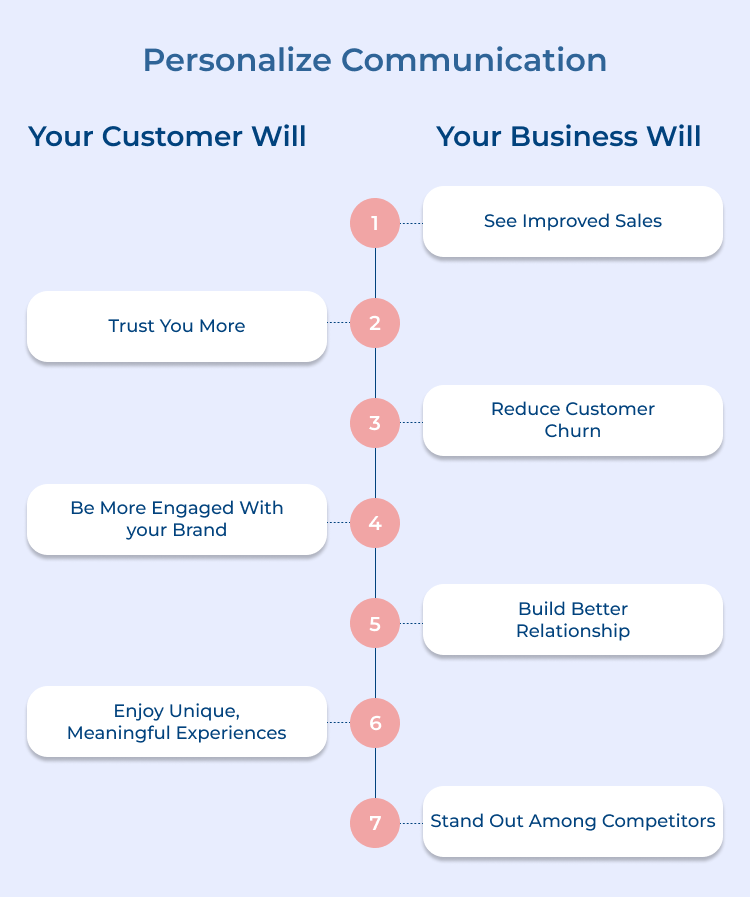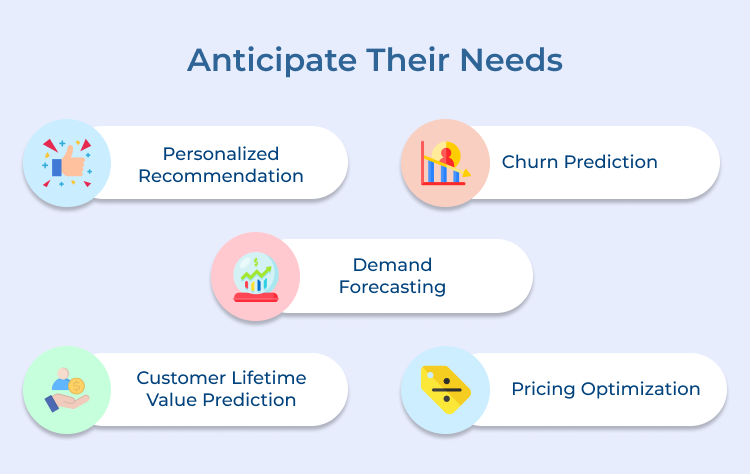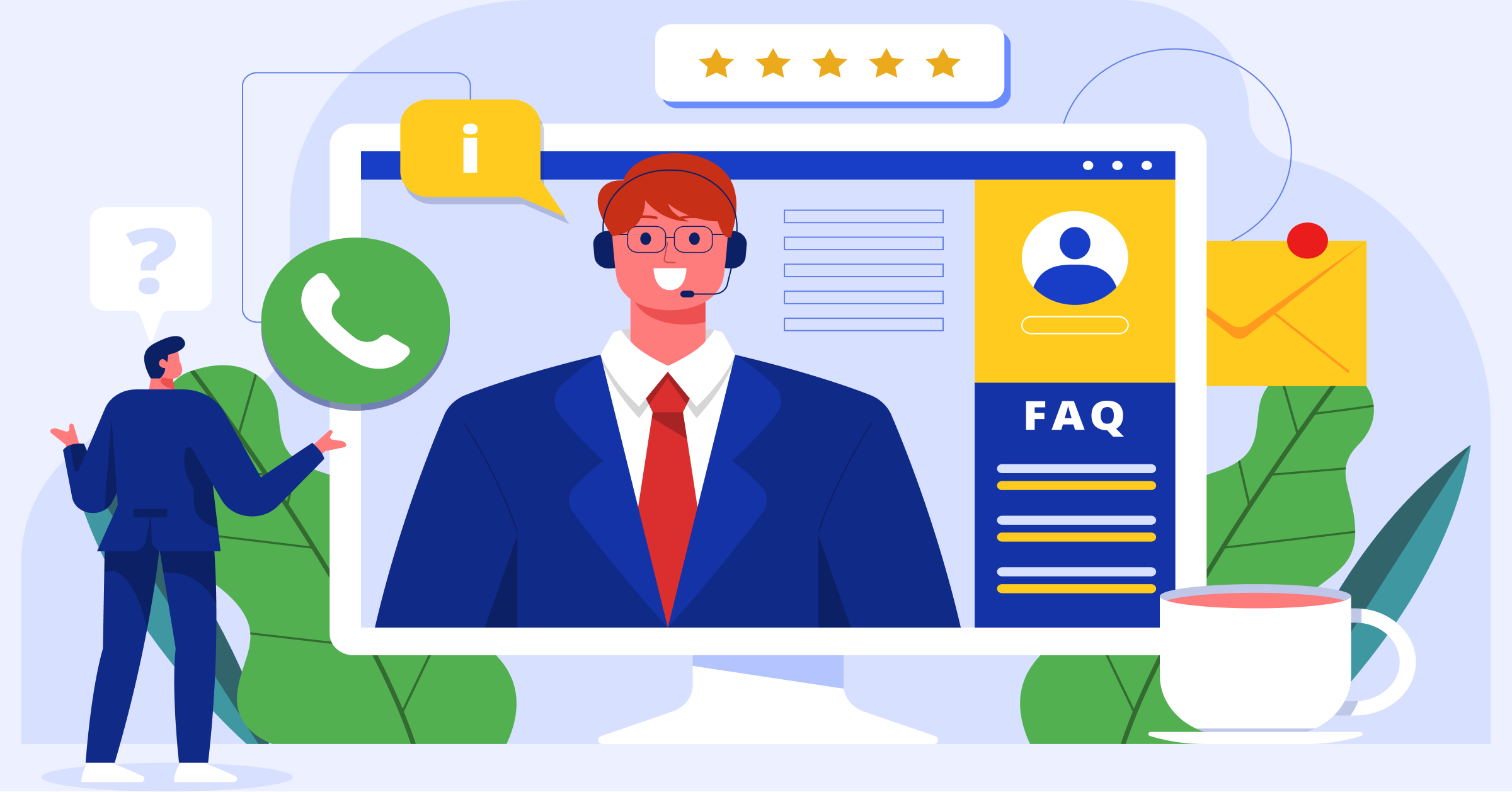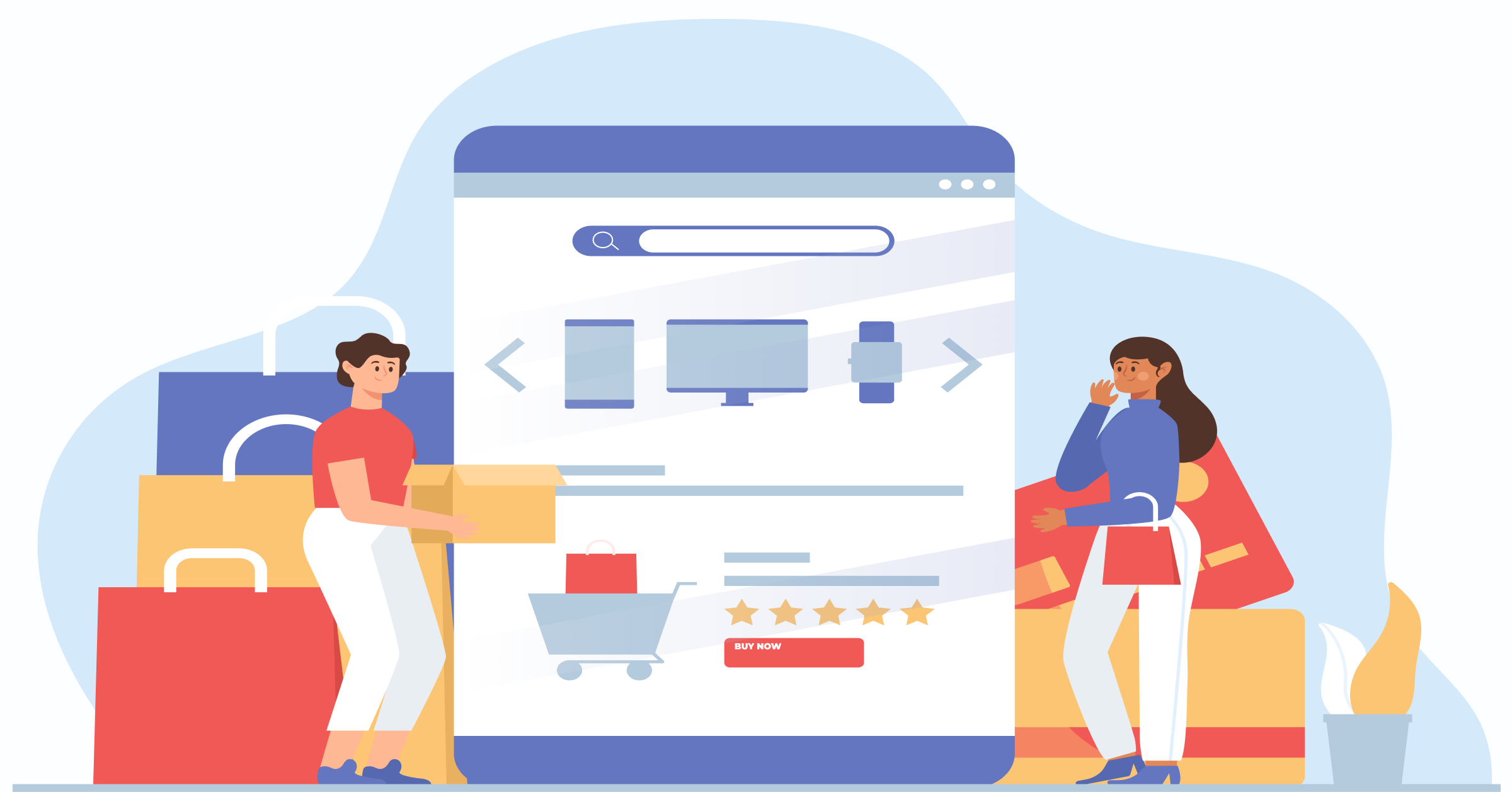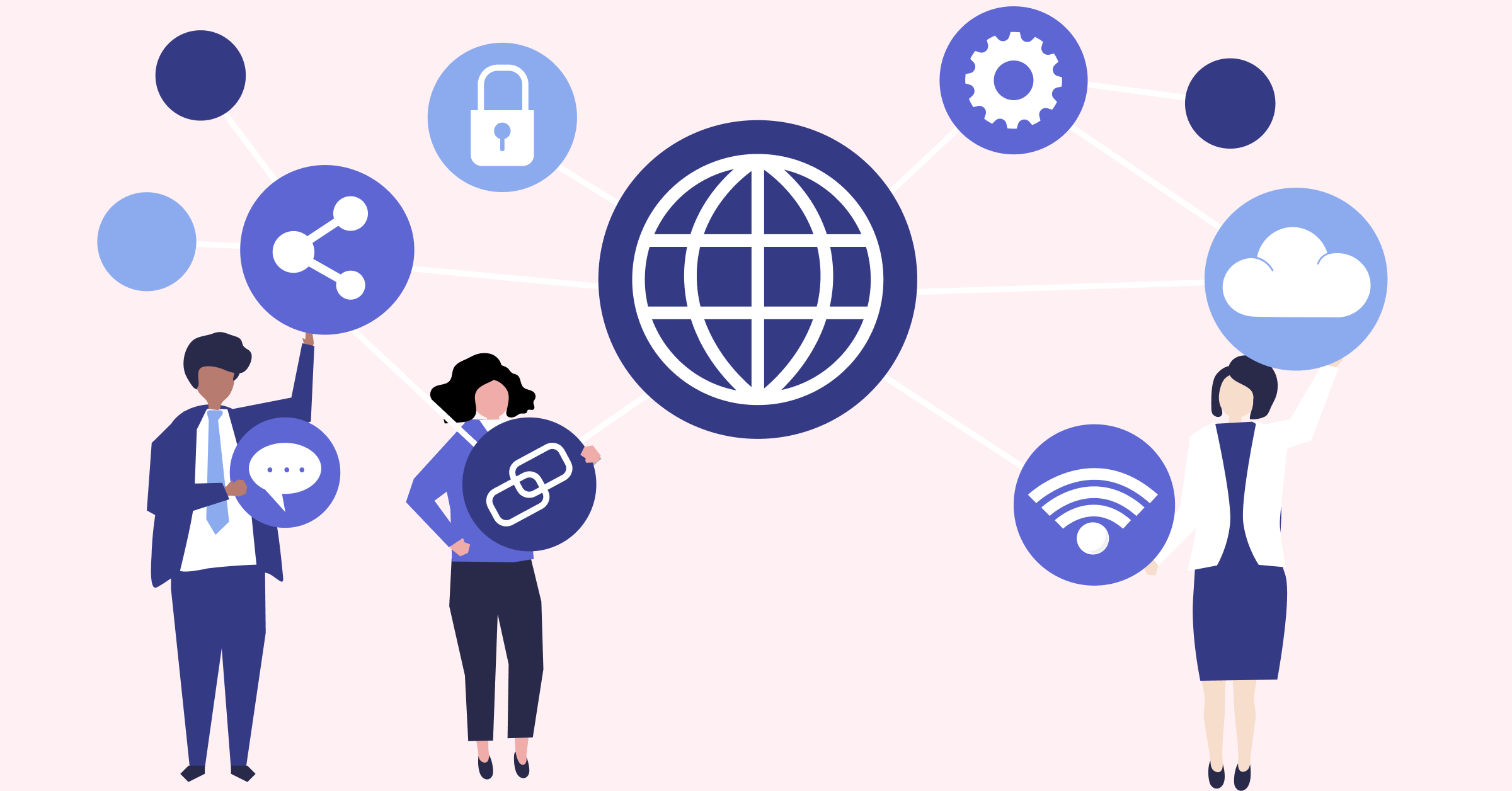1. Deliver a Seamless Omnichannel Support Experience
Over 35% of customers wish to contact the same customer service agent on any channel. Delivering a seamless omnichannel customer support experience is highly essential.
An effective omnichannel customer experience enables customers to access services and support via multiple channels, such as online chat, mobile apps, email, social media, etc. It allows support reps to provide personalized customer service.
Benefits of omnichannel customer engagement:
- Targeted and contextual conversations keep agents aware of the issues or channels customers previously had, and help in delivering a personalized touch.
- Enhanced customer experience is delivered by giving customers more options to reach out to businesses and get help easily.
- Better customer insights are collected, and all the data can be unified in one dashboard to provide a personalized touch to customer service.
- Real-time engagement is initiated with customers via live chat, and a chatbot is used to add value to the engagement.
The ability to provide this kind of personalized support can be significantly enhanced when companies have access to technologies like artificial intelligence (AI) and data analytics.
By harnessing these technologies, companies can gain valuable insights into customer behavior and preferences to deliver personalized customer service experiences across all channels.
2. Leverage AI Without Losing Human Touch
Leveraging Artificial Intelligence and Automation in customer service has become a major buzzword. 61% of consumers say they would prefer businesses that deliver an instant response.
Automate personalization with a chatbot by allowing sales/support teams to use an AI-powered chatbot to converse with visitors, answer their questions, and convert them into qualified leads.
Leveraging a chatbot helps in the following ways:
- Improves processes and allows support reps to focus on priority tasks
- Reduces operational costs such as HR costs, training, infrastructure, etc.
- Eliminate manual errors and even enhance customer experience.
- Seamless customer engagement with AI-powered automation that delivers real-time conversations across all channels.
Employing AI, allows to deliver tailored responses to customer inquiries without losing the human touch. Automating speeds up delivery along with personalization; receiving vital insights that enable them to know their customers, understand their needs, and build stronger relationships with them.
Leveraging artificial intelligence and automation in the customer service sector helps businesses to cultivate strong bonds with customers while not compromising on efficiency.
3. Utilize Knowledge Base for 24×7 Assistance
51% of customers prefer technical support through a knowledge base.
Knowledge Base is a powerful technology that provides 24×7 customer service to companies of all sizes. It enables customers to easily access the information they need and answer their queries quickly when they need it.
By using the knowledge base, companies can:
- Provide personalized customer service at all times by providing users with detailed product guides, useful tips, and tutorials for solving their problems or requests.
- Eliminate manual intervention from customer support staff, reducing waiting times and resolution time.
The knowledge base offers customers relevant content with intuitive search tools, which reduces customer satisfaction and loyalty. This allows your business to operate more efficiently and effectively, giving customers a great user experience.
4. Solicit Real-Time Feedback
Customers expect brands to listen to them and stay open for feedback.
55% of respondents would stop using the products or services of a company that ignored their feedback.
Real-time feedback can help businesses create a better understanding with their customers, leading to greater loyalty and long-term growth. Businesses can solicit real-time feedback by using surveys and interviews as a tool for analyzing how customers interact with them during an exchange.
